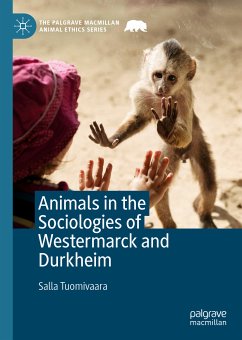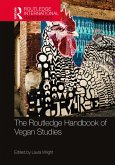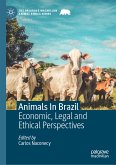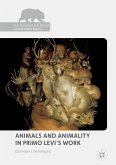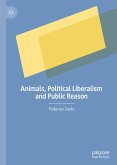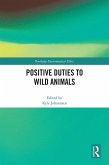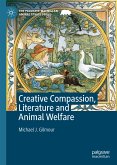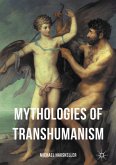Addressing a significant gap in the interdisciplinary field of animal studies, Tuomivaara presents a close reading of the historical treatment of animals in the works of Durkheim and Westermarck to determine how the human-animal boundary was established in sociological theory. The diverse forms in which animals and 'the animal' appear in the works of early classical sociology are charted and explored, alongside the sociological themes that bring animals into these texts. Situated in contemporary theory, from critical animal studies to posthumanism, this important book lays the groundwork for a disciplinary shift away from this sharp human-animal dualism.
Dieser Download kann aus rechtlichen Gründen nur mit Rechnungsadresse in A, B, BG, CY, CZ, D, DK, EW, E, FIN, F, GR, HR, H, IRL, I, LT, L, LR, M, NL, PL, P, R, S, SLO, SK ausgeliefert werden.

